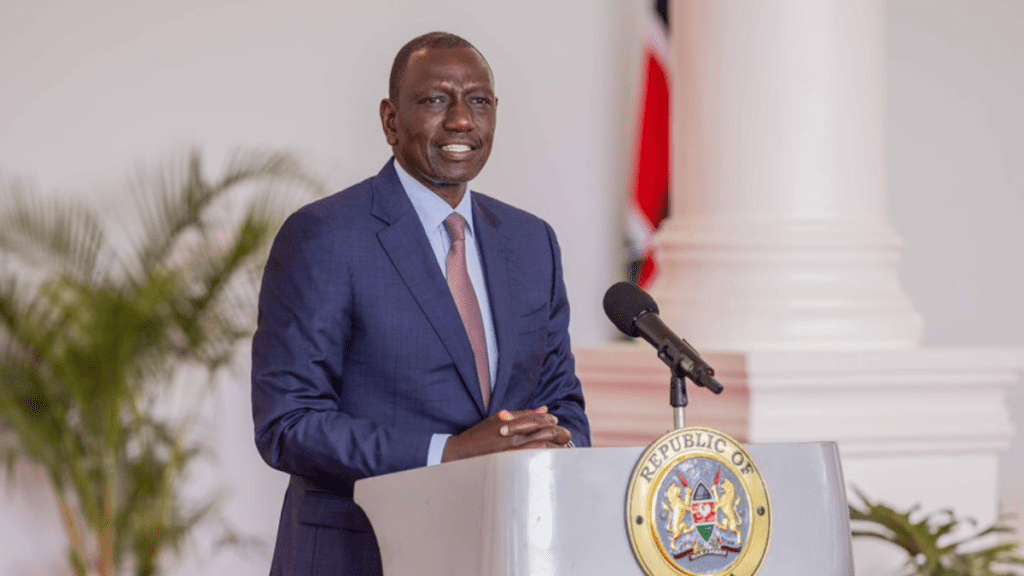Under new recommendations by a task force formed by President William Ruto, religious leaders in Kenya who falsely perform miracles, healings, or blessings to exploit their followers could face serious legal consequences.
The task force, established to review the legal and regulatory framework governing religious organizations, has proposed several measures to regulate these institutions more effectively.
These recommendations have been incorporated into the Religious Organisations Bill, 2024.
Key among the proposed measures is the crackdown on religious leaders who solicit money from their congregations under the pretense of securing divine financial favor.
Offenders could face fines up to sh.5 million, imprisonment for up to ten years, or both.
The bill stipulates that any leader who fraudulently claims to offer miracles, blessings, or prayers for financial gain commits an offence and will be subject to these penalties.
Additionally, the bill addresses coercion, stipulating that religious leaders who use force, threats, or intimidation to recruit followers will face fines up to sh.1 million, three years in prison, or both.
The legislation also ensures that parents retain the right to determine the religious upbringing of their children.
The bill also criminalizes the use of religion to belittle or threaten others, with violators facing fines up to sh.5 million, imprisonment for up to 20 years, or both.
Moreover, the task force has proposed restrictions on political activities by religious organizations.
Churches engaging in political campaigns or supporting candidates could be fined up to sh.500,000 or face six months in prison.
The task force, led by former NCCK Secretary-General Dr. Mutava Musyimi, was formed in response to the Shakahola tragedy, where over 400 bodies were discovered in a forest linked to pastor Paul Mackenzie.
Its goal is to address and prevent the rise of religious cults and ensure greater oversight of religious practices in Kenya.

